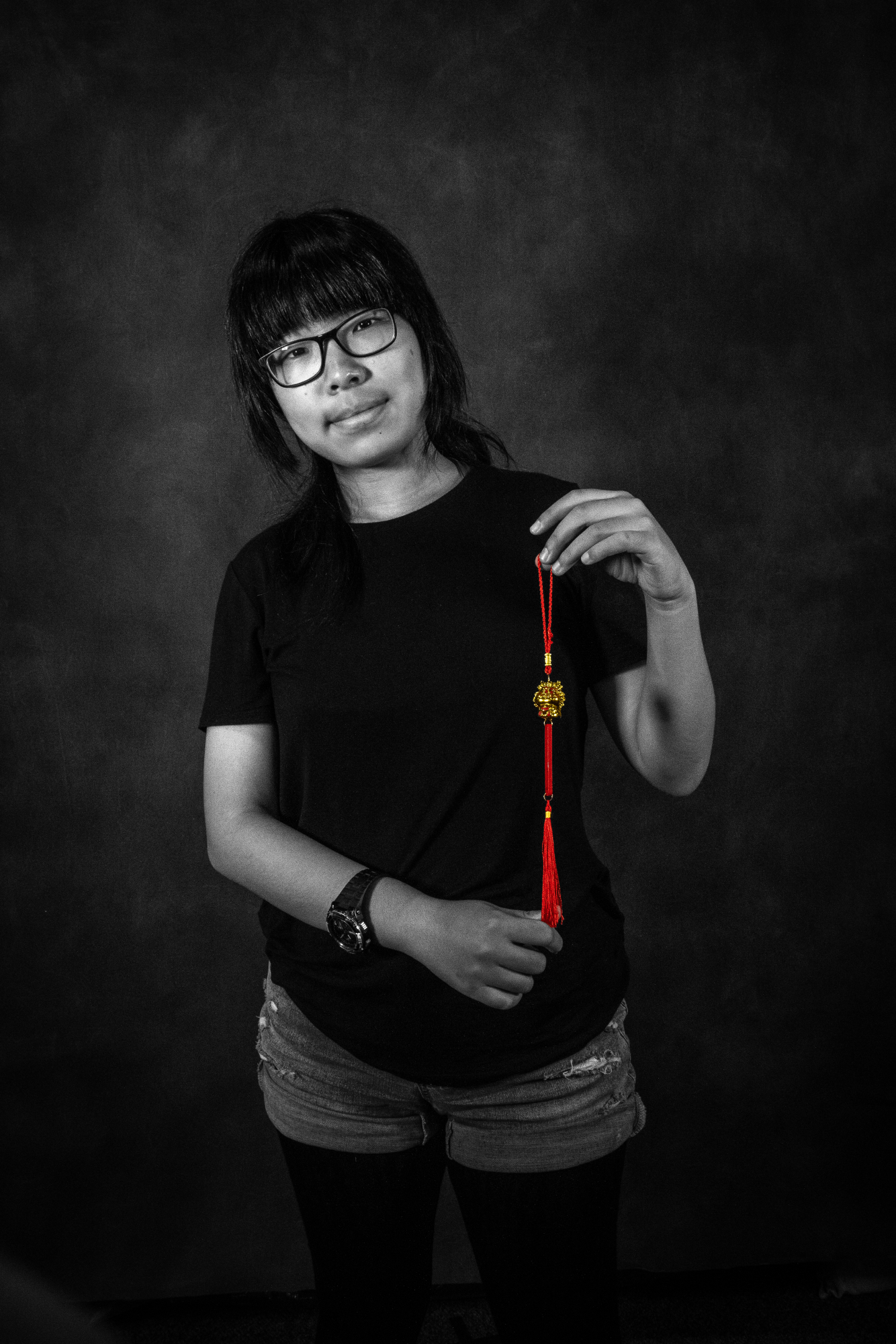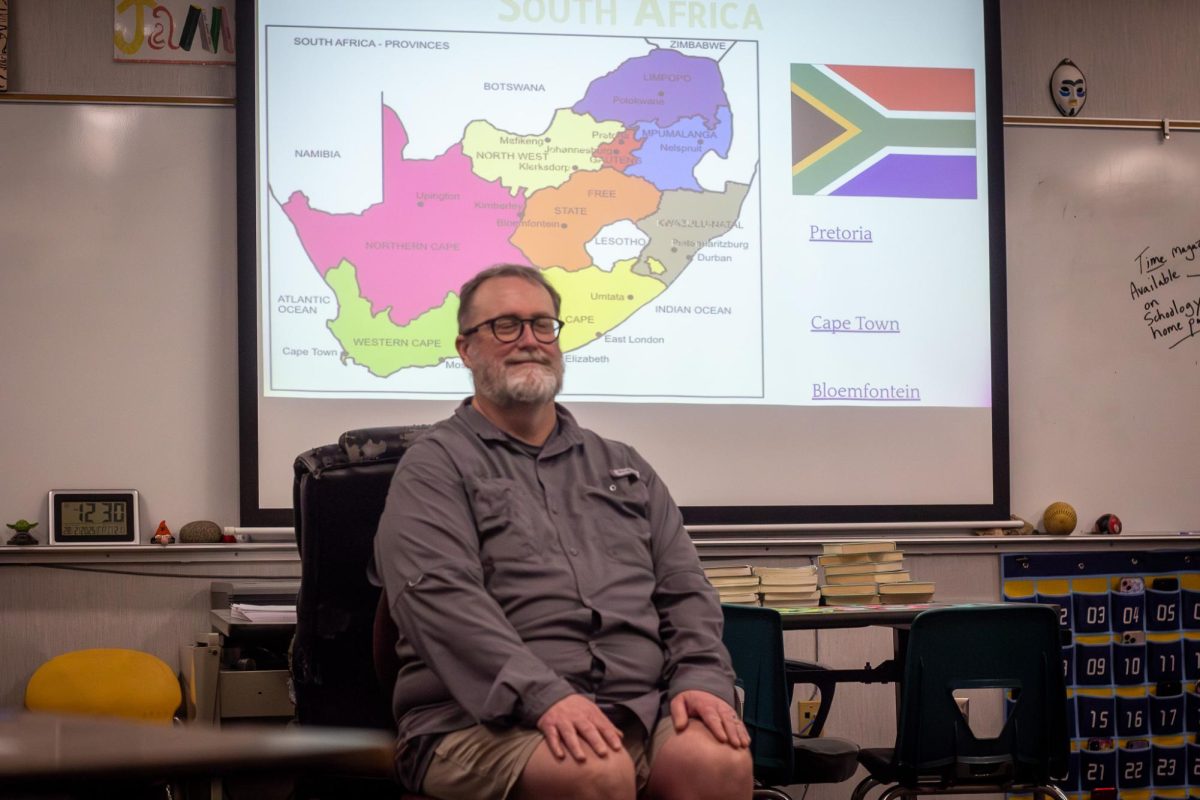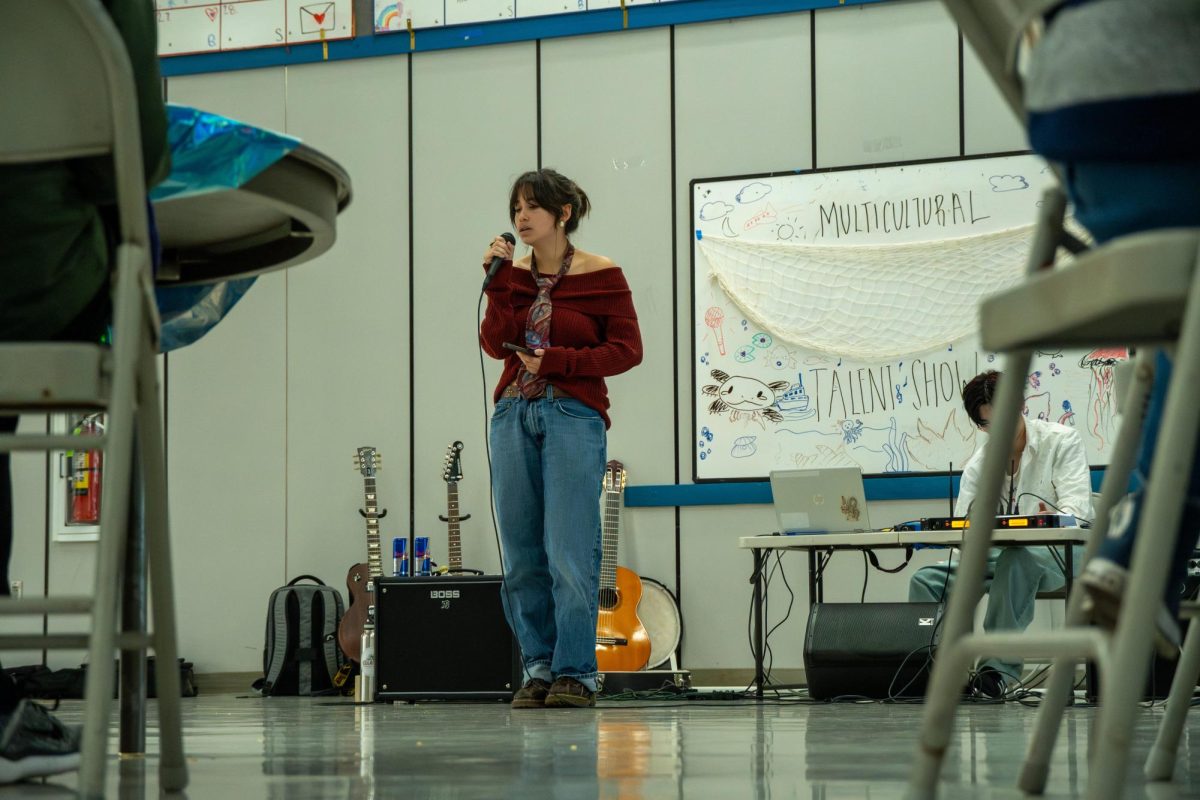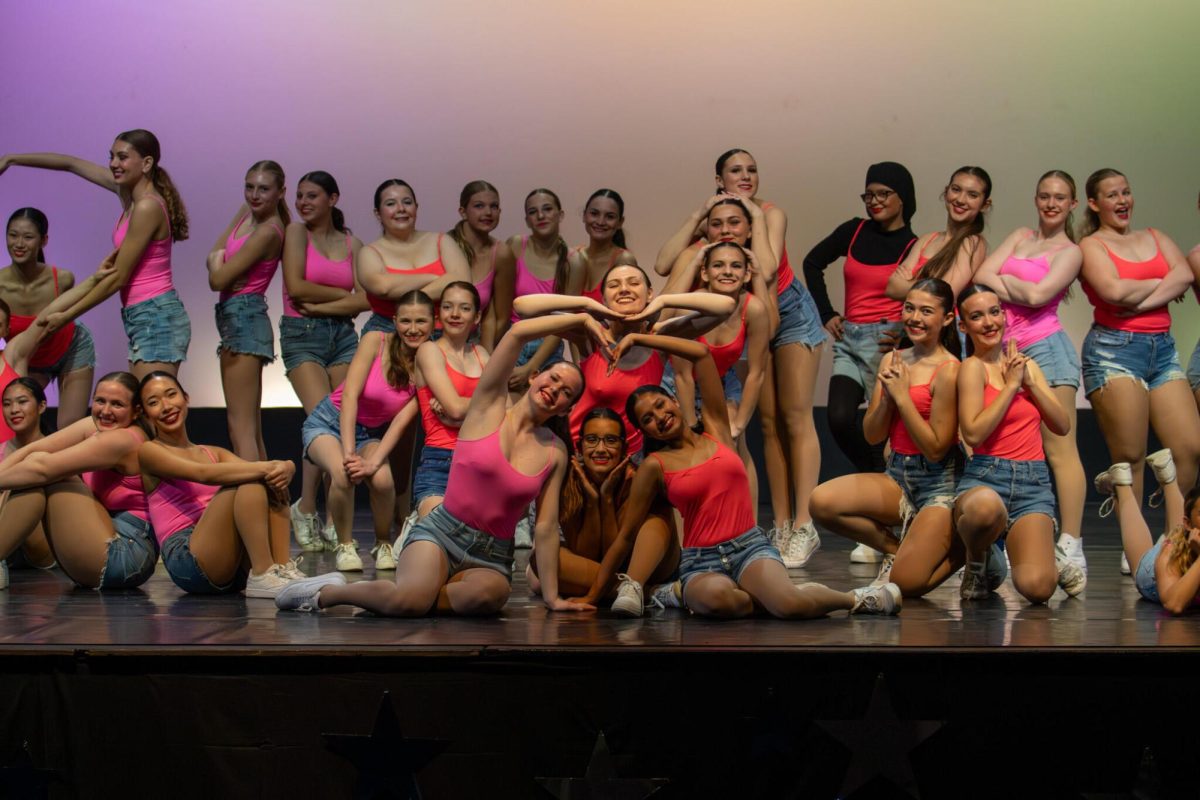In the United States, immigration and foreign-born residents make up around 13.7% of the population or 45.3 million people, according to the census. Many of these people face significant challenges on their road to finding their place in a new country. One of those challenges is holding onto their original culture as they adapt. Several Rocklin High School (RHS) students have shared their stories on why they moved here, their experiences in America, and the advice they would give to those who are thinking of moving to Rocklin.
People who move to America come from a variety of backgrounds and have a multitude of reasons for moving. Esdras Barriosperea is a junior at RHS who moved from Guatemala to Rocklin. With translations provided by Steven Jimenez, Barriosperea said, “The reason I moved here was for a better life. Because, society-wise in Guatemala, it’s not the best circumstance to grow up and have a family. So I moved here to give myself a better chance.” People have also moved to reunite with their families. RHS junior Ekaterina Galkina said she moved from Russia “to meet with my father’s family. To live here and have a better life.”
Immigrants have to adapt and experience a culture that is different from where they originally came. Some of this is positive. Junior Jinyi Zhou said, “The studies aren’t as harsh like they are in China or other Asian countries. I think that’s pretty good.”
“I left my family behind, like my parents, they’re not here. And my younger siblings, like my sisters, they’re not here as well. It’s just me and my older sister.”
Barriosperea said, “I feel more liberty and more freedom, where I don’t feel so restricted or have fear of going out and enjoying life with my friends and family.”
Although there can be good parts of moving to a new country, there are also aspects which some people don’t enjoy. Barriosperea said, “One of them was that I left my family behind, like my parents, they’re not here. And my younger siblings, like my sisters, they’re not here as well. It’s just me and my older sister.”
Although RHS’s student immigrants have to adapt to the new environment, they still find ways to hold onto their original culture. Some of those ways include celebrating holidays or traditions from their homeplace. Zhou said, “We all speak Chinese when we’re home … we’ll also often eat dumplings when we’re at home.” Her family also celebrates holidays like the moon festival and the new year.
They also stay in touch with their families back home. Barriosperea said he talks to his parents “every single day.” This continuing contact helps student-immigrants stay connected to who they are.
RHS’s student-immigrants also have learned a few tips and tricks that help with adapting to a new environment. Galkina said, “You need to move somewhere where people can speak your language, and it will help you not fall into depression.”
Barriosperea also gave some advice for those moving to America. He said, “Although it will be hard, try not to be sad. Because you might be sad that you left your home country or your family, but you will see them again one day. To work hard, never give up. If you have dreams, go after them.”






















